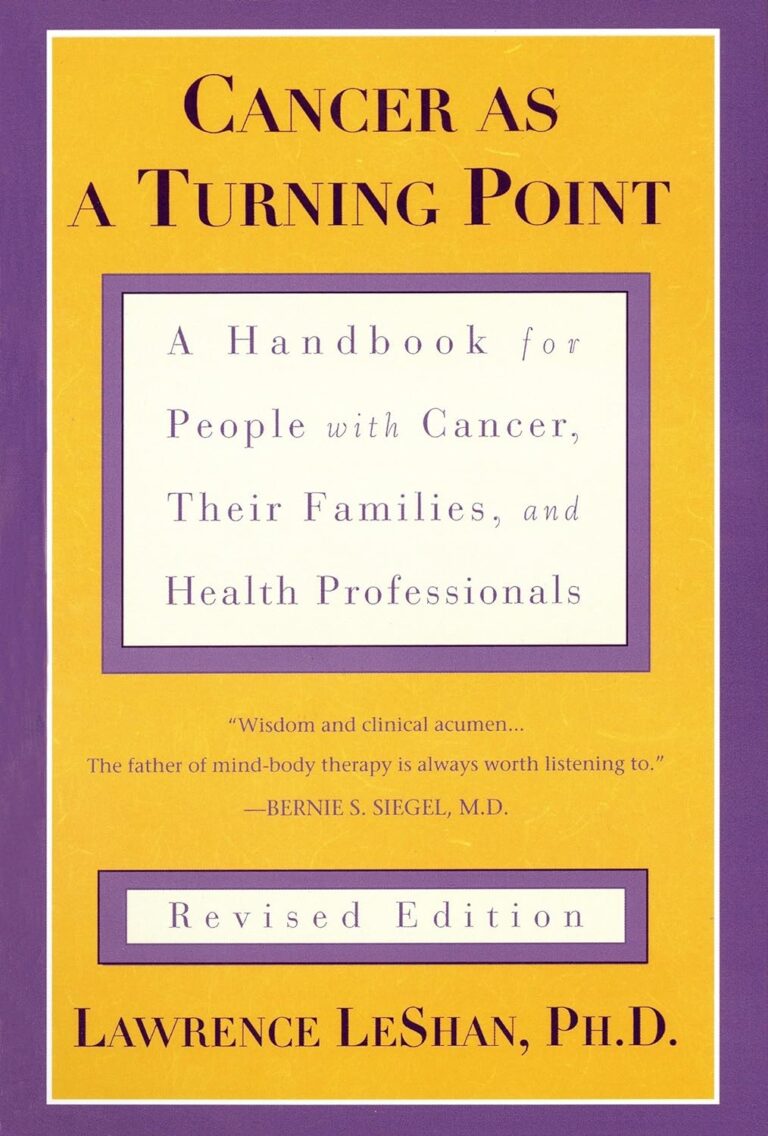
Transition is an unavoidable part of life, with different types continually shaping our personal, social, professional and emotional realities. Understanding the concept of transitions and how to navigate them can directly impact personal growth and development, especially in complex areas like healthcare. In this article, we delve into understanding transitions, their types, role in personal development and healthcare, along with strategies to handle them effectively.
Understanding the Concept of Transition
A transition, in its most basic sense, denotes a process of change from one state, condition, or situation to another. Life is fundamentally a sequence of transitions, marked by periods of stability separated by moments of change. Transitions can be mundane, such as transitioning from sleep to wakefulness, or profound, such as transitioning to a new life phase or career.
Various frameworks provide different perspectives on transition. Some focus strictly on physiological or developmental aspects, others emphasize psychological processes, while still others incorporate sociological or environmental factors. No matter the framework, the central theme is change and the associated issues of adjustment and adaptation.
Exploring Various Types of Transitions
As diverse as life itself, transitions come in many forms, each requiring unique strategies and coping mechanisms to manage effectively.
Life Transitions: From Birth to Death
These transitions are usually established by biological or chronological markers, like adolescence, adulthood, or old age. Each life transition paves the way for new experiences, learnings and necessitates different coping skills and resources.
Work Transitions: Career Changes
Work transitions are characterized by changes in job, career, or professional roles. These transitions can lead to a reevaluation of personal identity, skill sets and goals.
Health Transitions: Disease Progression and Recovery
Health transitions are marked by changes in health status due to illness or recovery. These transitions require significant adjustments and can profoundly affect daily life, self-perception, and relationships.
Emotional Transitions: Changes in Emotional States
These include shifts in emotional states such as from grief to acceptance, joy to sadness, or anxiety to calm. Such transitions provide opportunities for emotional growth and self-understanding.
Social Transitions: Changes in Social Status or Environment
Social transitions can be complex and molded by changes in status, community, or cultural identities. They may be influenced by societal norms, laws, values, and other social forces.
The Role of Transition in Personal Development
Transition, despite its challenges, plays a significant role in personal growth and development. It promotes the learning of new skills, testing of our resilience and sheds light on our values and desires.
Facing change and embracing the transition can lead to unique insights about oneself and the world. It allows us to redefine and reidentify ourselves, offering opportunities to unlearn inhibiting patterns and to learn new, more enabling ones.
Difficult transitions, whether unforeseen or planned, can be most impactful. These transitions can induce stress and anxiety, but also constitute a rapid growth period, leading to emotional maturing and self-awareness.
Transition in the Context of Healthcare
In healthcare, the transition is an essential concept. Understanding its dynamics can improve patient outcomes and enhance the quality of care provided.
Role of Transition in the Patient Journey
The patient journey is filled with numerous transitions: from health to illness, from home to hospital and back, from independence to dependence. These transitions demand that patients navigate complex medical systems, manage challenging changes to their bodies, and deal with profound emotional and social shifts.
Managing Transition in Healthcare Settings
Healthcare professionals play a critical role in guiding and supporting patients during these transitions. They have an opportunity to ease the process, helping patients understand, accept, and adapt to their new reality.
Transition of Care: From Hospital to Home
The transition from hospitalization to home can be particularly challenging. Patients, family, and healthcare teams must work together to ensure that care plans are adhered to, and that the transition supports the patient’s recovery and well-being.
Get to know us better
If you are reading this, you are in the right place – we do not care who you are and what you do, press the button and follow discussions live

Strategies to Handle Transitions Effectively
Transitions, while inevitable, can be navigated smoothly with proper preparation, thoughtful management, and strategic adaption.
Preparing for Transition
Preparation involves understanding the forthcoming change, anticipating possible challenges, formulating strategies to meet them, and marshaling the necessary resources and support.
Navigating Through Transition
Transition navigation necessitates active engagement with the change process, continual reassessment of the situation, and strategic adjustment of goals and plans as required.
Post-Transition: Adapting to New Normal
Adapting to the ‘new normal’ calls for acceptance of change, integration of new routines and behaviors, and transformation of personal, social, or professional identities as appropriate.
Conclusion
Transitions are profound, affecting personal growth and healthcare practices. Understanding and effectively navigating these transitions can lead to life-enhancing development and improved healthcare experiences. Transition stands at the crossroads of challenge and opportunity, demanding both resilience and adaptability.
FAQs:
- What does transition mean in a broad sense?
Transition, in a broad sense, is the process of change from one condition, state, or situation to another in various aspects of life like personal, professional, health, social, or emotional. Understanding transitions are pivotal to personal growth and development.
- How does understanding transition contribute to personal growth?
Embracing transitions contribute to unlearning inhibiting patterns and learning new, more enabling ones. Difficult transitions particularly provide an opportunity for emotional maturing and self-awareness. Thus contributing to personal growth.
- What role does transition play in healthcare?
Transition plays a critical role in healthcare, especially in the patient journey. Under various health situations, patients have to navigate complex medical systems, manage changes to their bodies, and deal with profound emotional and social shifts.
- What strategies can help manage transitions more effectively?
Transitions can be managed more effectively by proper preparation, thoughtful navigation, and strategic adaption. Acceptance of change, integration of new routines, and transformation of identities are critical in post-transition stages.
- What’s the relationship between transition and change?
Transition and change are inseparable. While change refers to the process of becoming different, transition is the psychological process people go through to internalize and come to terms with new situations that change brings about.

















Comments
Thank you. Comment sent for approval.
Something is wrong, try again later